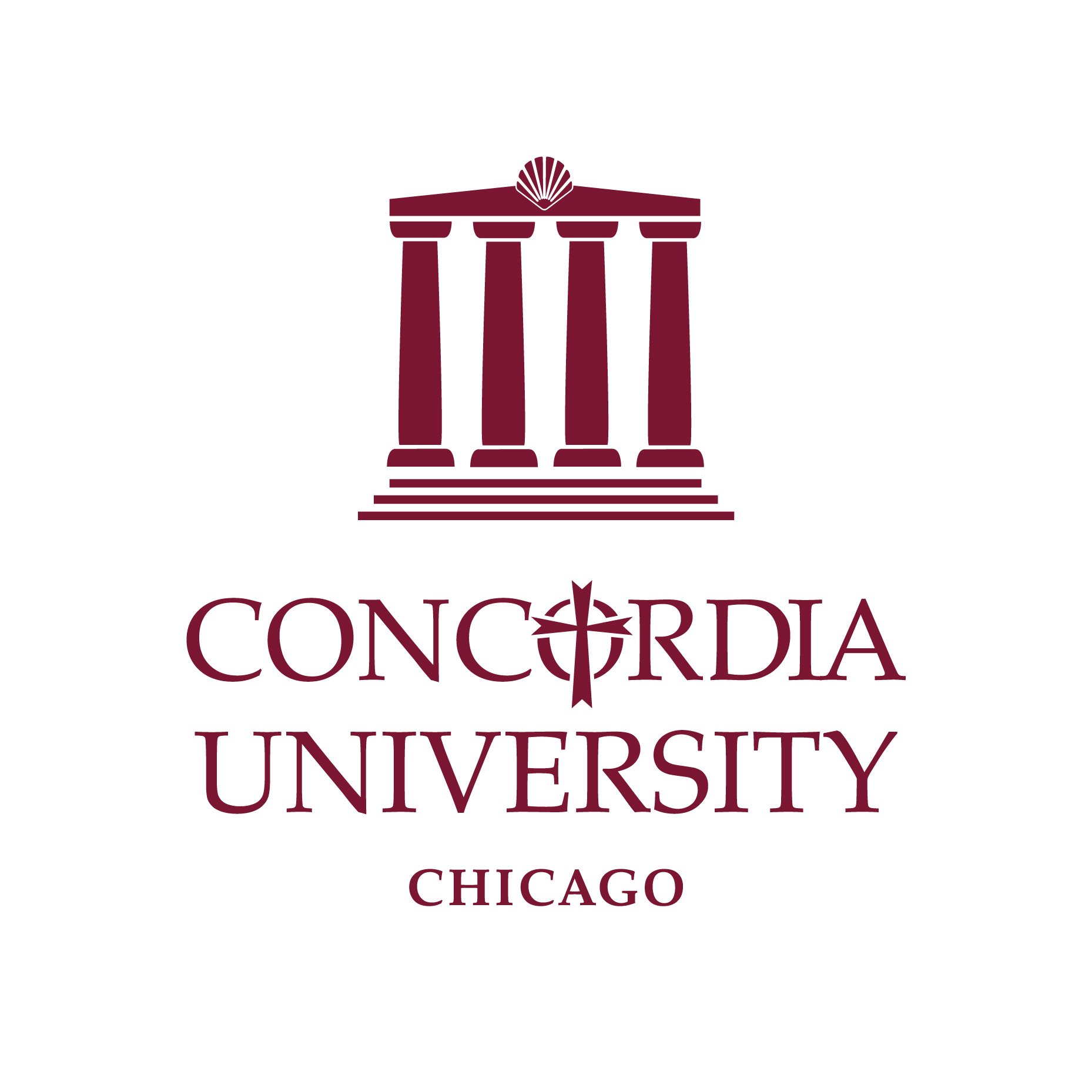Broaden your potential to advance your career by equipping yourself with the tools needed to analyze the leadership challenges facing schools and educational settings.
Concordia University Chicago's Leadership PhD program with a specialization in teacher leadership is designed for graduate students who would like to continue their careers as facilitators, instructional coaches, curriculum specialists, coordinators of district initiatives, trainers and building- and district-level teacher leaders in various educational settings. The teacher leadership doctoral program focuses on the fostering instructional improvement for increased student achievement, promoting teacher and staff development and growth, organizational change and school cultures and outreach to families and communities.
This specialization encourages students to draw and build upon knowledge and experiences related to their professional work, while also requiring students to develop strong research skills and a familiarity with data, school and instructional improvement, adult growth and development and evidence-based decision-making. While grounded in topics related to teacher leadership, this program also provides opportunities to explore teacher and instructional leadership in various education settings: pre-K-12 education, non-profit organizations, corporations and agencies.
The doctorate in teacher leadership is designed to enable students to:
- Understand the complexities of educational settings in relation to adult learning and development, culture and organizational change, student achievement, assessment and data-driven decision making, and community outreach and collaboration.
- Apply and analyze learning solutions that support and drive schools and educational settings for improved student achievement and success.
- Strategically support the various stakeholders with informed and judicious decisions.
- Identify and integrate leadership orientations that align with school improvement practices.
- Exercise professional ethical behavior that supports the institutional mission and allocation of resources to support and achieve institutional objectives.
Learning Objectives
In addition to the overall objectives of the Leadership department and its programs, students will acquire the following knowledge, skills and competencies in the teacher leadership program:
Support and Facilitate Adult Learning
Competency: Understand adults as learners to support professional learning communities.
Outcomes:
- Candidates facilitate group processes to manage growth, conflict and change.
- Candidates model listening, presenting and leading collaborative discussions.
- Candidates build facilitation skills that foster trust, collective wisdom, social construction of knowledge, and build ownership and action.
- Candidates create inclusive cohorts of colleagues as professional learners.
- Candidates promote use of technology for learning communities.
Research-based Curriculum and Instructional Improvement
Competency: Use research to improve practice and student achievement.
Outcomes:
- Candidates work with others to articulate student learning issues and opportunities.
- Candidates assist colleagues in accessing research, student learning data.
- Candidates guide colleagues in selecting research-based strategies, designing action research and measuring results.
- Candidates facilitate analysis of student learning data and application of findings to revise instructional strategies.
- Candidates encourage collaboration with higher education and other community-based organizations.
- Candidates work with colleagues to interpret, communicate and disseminate findings of research related to student learning.
Promote Professional Learning
Competency: Promote professional learning for continuous improvement.
Outcomes:
- Candidates assess colleagues’ learning needs and work with administration to ensure appropriate PD.
- Candidates promote a variety of professional learning.
- Candidates use technology to promote collaborative and differentiated professional learning.
- Candidates prepare colleagues to analyze and use student achievement data and other data to improve instruction and analyze the impact of instructional interventions.
- Candidates provide feedback to colleagues to strengthen teaching practice.
- Candidates work with colleagues to collect, analyze and disseminate data relating to the impact of learning.
Leading Initiatives in Student Achievement
Competency: Facilitating improvements in instruction and student learning.
Outcomes:
- Candidates facilitate collection and analysis of classroom- and school-based data to identify areas to improve curriculum, instruction and assessment.
- Candidates engage in reflective dialogue with colleagues based on observations and student work and assessments.
- Candidates serve as a mentor, coach, content facilitator, critical friend or peer evaluator.
- Candidates serve as team leader to harness skills and knowledge of colleagues to address curricular student learning needs.
- Candidates promote instructional strategies that address diversity and equity.
Lead Data-Driven Instructional Improvements
Competency: Using assessments and data for school and district improvement.
Outcomes:
- Candidates increase colleagues’ capacity to access resources and expertise to use appropriate assessment instruments aligned to standards.
- Candidates facilitate teams of teachers in designing and implementing class-based formative assessments, scoring, interpreting student work and applying findings to improve education practice (DDI).
- Candidates engage colleagues in collaborative conversations about student learning data and instructional practice, challenge them to develop solutions, foster a climate of trust and critical reflection.
- Candidates work with colleagues to use findings to recommend organizational changes in structure or practice to enhance student achievement.
Lead Outreach to Communities and Families
Competency: Improving outreach and collaboration with families and community.
Outcomes:
- Candidates promote effective interactions among colleagues, families and larger community.
- Candidates model effective communication with families and other stakeholders focused on improving outcomes.
- Candidates facilitate colleagues’ examination of their own understandings of community and diversity and use this to enrich experiences of students.
- Candidates develop shared understanding among colleagues of child/adolescent development and conditions in the home and community.
- Candidates guide colleagues in identifying and assessing resources from community-based organizations that support student learning.
- Candidates develop comprehensive strategies with colleagues to engage families and community members as partners in education.
Advocate for the Profession
Competency: Advocating for student learning and the profession.
Outcomes:
- Candidates share information regarding how state and national policies impact classroom practice and expectations for student learning.
- Candidates work with colleagues to use research to advocate for teaching and learning processes that meet the needs of all students.
- Candidates collaborate with colleagues to select opportunities to advocate for the rights/needs of students, securing additional resources.
- Candidates advocate for professional resources, financial, human and other resources that allow colleagues to spend significant time learning about effective practices.
- Candidates represent and advocate for the profession in contexts outside of the classroom.
Admission Counselor
Connect with your admission counselor.
